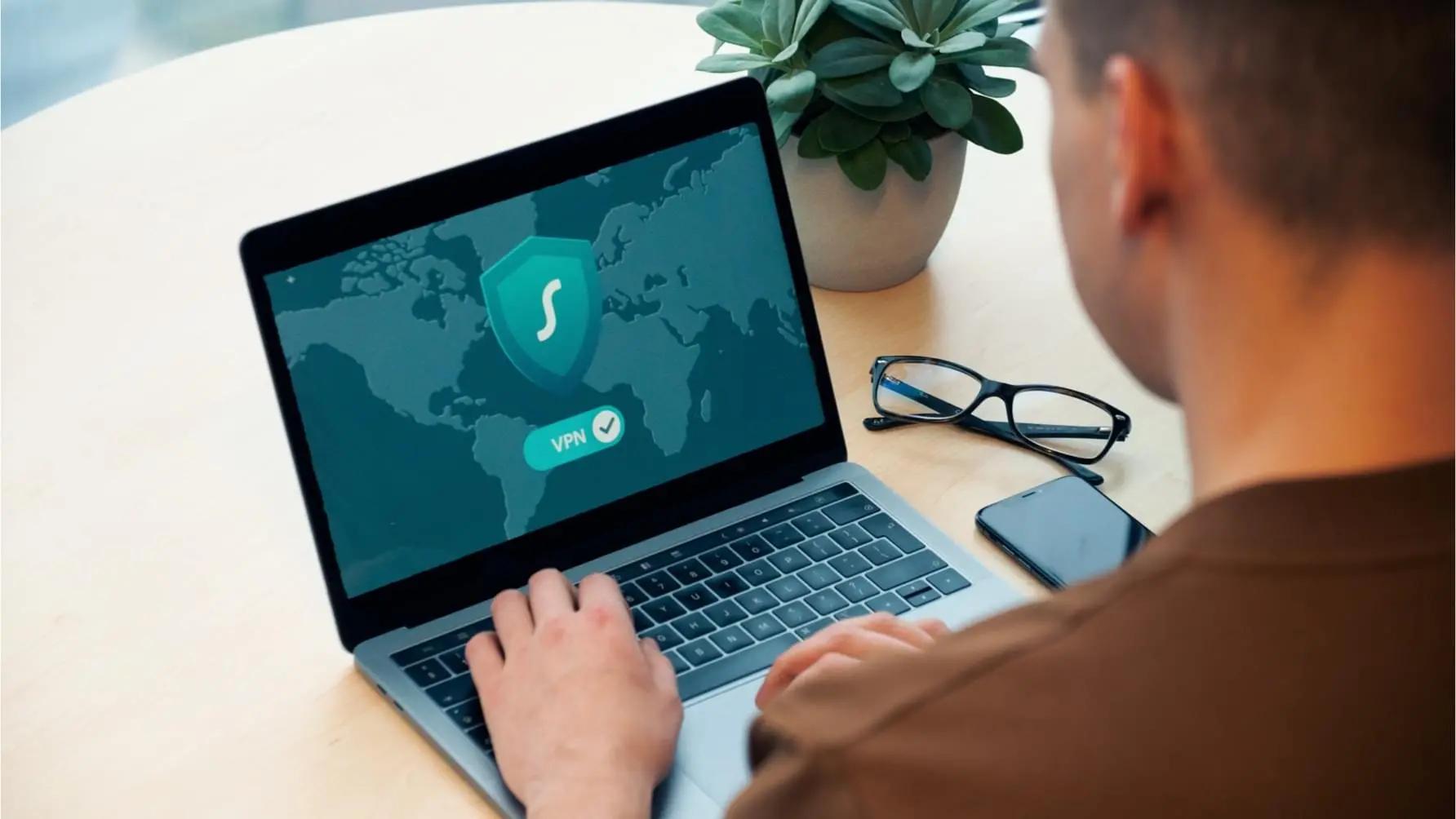The Children’s Internet Protection Act (CIPA) was signed into law by President Clinton on December 21, 2000, and was found to be constitutional by the U.S. Supreme Court on June 23, 2003.
CIPA was introduced to ensure that minors were kept protected online and prevented from gaining access to obscene images and other pictures which could prove harmful.
CIPA covers obscene images including pornography, pictures of child abuse, and other graphics and images that could prove harmful to minors.
To ensure Internet-enabled computers – and personal devices via WiFi networks – cannot be used to access these images, CIPA stipulates that K-12 schools and libraries must implement technology protection measures to control accessible website content.
It is not mandatory for K-12 schools and libraries to comply with the requirements of the Children’s Internet Protection Act; however, CIPA compliance is required if schools and libraries want to apply for discounts under the Schools and Libraries Program of the Universal Service Fund – commonly referred to as the E-Rate program. The E-Rate program provides discounts on communications and Internet services for participating schools and libraries.
CIPA compliance is also a prerequisite for libraries that want to apply for grants under the Library Services and Technology Act (LTSA). While not all libraries apply for LTSA grants, the majority of K-12 schools participate in the E-Rate program. E-Rate program discounts are significant and offer considerable savings to participating educational establishments.
Schools wishing to participate in the E-rate program are required to certify they are compliant with CIPA regulations on an annual basis. They must also provide evidence they have implemented appropriate technology protection measures on all Internet-enabled devices to ensure minors are prevented from accessing material covered by CIPA legislation
Did You Know?
businesses experienced DNS attack
malware & spyware domains categorised a day
predefined categories by default
of websites tested by Google for malware were infected
Children’s Internet Protection Act Web Filtering Requirements
CIPA is only concerned with images and video content. To comply with CIPA, all images and video content of a pornographic or obscene nature must be blocked. That includes photographs, illustrations, cartoons, videos, and other graphics deemed to be obscene. Images of child abuse and child pornography must also be blocked.
The definition of obscene should be further explained as it does not include sexual images of an educational nature. CIPA defines obscene as “utterly without socially redeeming value.” The legislation refers to the definition used in the Miller v. California United States Supreme Court case of 1973.
Obscene images must be blocked on an organization-wide level on all computers and WiFi networks used by minors and staff members. At certain times it may be necessary for staff members to conduct ‘bona fide research’, which may require these images to be accessed. Under CIPA regulations, adults are permitted to access otherwise prohibited material for lawful purposes such as research.
K-12 schools and libraries must also adopt an Internet safety policy which must cover allowable uses of the Internet, restriction of access to potentially harmful website content, prohibition of the disclosure of personally identifiable information, unauthorized accessing of the Internet, and safety when using electronic communications such as – bit not limited to - email and chatrooms.
Educational institutions must educate students on responsible Internet use in accordance with the requirements of the Protecting Children in the 21st Century Act. This includes the use of email, social media websites, chatrooms, and issues such as cyber bullying.
Even with technology in place to limit Internet access, minors’ use of the Internet should be supervised. Minors must also be instructed not to attempt to bypass filtering controls. CIPA also requires Internet access to be monitored; although the legislation does fall short of requiring Internet use by staff members and minors to be tracked.
The WebTitan team continuously samples malicious detections to profile, test, and validate threats.
Internet Filtering Options for Schools and Libraries
Technology protection measures are deliberately not specified to ensure the legislation remains technology-neutral. However, this can be taken as meaning an Internet filtering solution or web filter. To comply with CIPA, an Internet filtering solution can be applied at ISP level, on a web server, or on individual Internet-enabled devices.
There are two categories of web filter that should be considered by schools and libraries required to comply with CIPA. Hardware-based web filters are physical standalone appliances that serve as a gateway to the Internet. All Internet traffic passes through these appliances. Software-based solutions are either installed on servers or computers, although cloud-based solutions are now one of the most popular choices.
To avoid the cost of purchasing additional hardware, schools and libraries often opt for software-based or cloud-based web filtering solutions. These are usually the most cost-effective choice and are easiest to implement and manage. Software and cloud-based solutions are more scalable and do not place the same restrictions on the number of devices that can connect to the Internet as their hardware counterparts.
The WebTitan Suite of Internet Filtering Solutions
TitanHQ offers three Internet filtering solutions for schools and libraries: WebTitan Cloud, and WebTitan Cloud for WiFi.
WebTitan Cloud and WebTitan Cloud for WiFi are 100% cloud-based solutions that can be used to protect wired and WiFi networks respectively. Both solutions are DNS-based, require no hardware or software, and can be used by simply changing DNS settings to point to WebTitan’s servers. All solutions are automatically updated – there is no patching required nor any need for software updates.
Regardless of the solution chosen, the management overhead is very low, there is no impact on Internet speed, no restrictions on number of users or the devices that can be used to connect to the Internet, and each solution is fully compliant with CIPA regulations.
Additional features include:
- Highly granular controls to ensure obscene images can be blocked without blocking educational content.
- Ability to block content by category, search term, or individual URL.
- Support for blacklists and whitelists.
- Ability to block a wide range of content including racist and religious extremist material.
- Easy blocking of illegal activities such as file-sharing via P2P networks.
- CIPA-compliant Internet monitoring features.
- A full suite of automated usage reports.
Register Today for a Free Trial of WebTitan for Your School or Library
WebTitan Cloud, and WebTitan Cloud for WiFi are all available to schools and libraries on a no-obligation free trial.
Full assistance will be provided to help educational institutions implement their chosen Internet filtering solution and to configure controls to ensure compliance with CIPA regulations.
Full technical support and access to TitanHQ’s customer service team will also be provided for the full duration of the trial.
For full details of the free trial and further information about the WebTitan suite of Internet filtering solutions for schools and libraries, contact our sales technicians today.

Susan Morrow
- DNS FILTERING
- WEB FILTERING
- CONTENT FILTERING
Talk to our Team today

